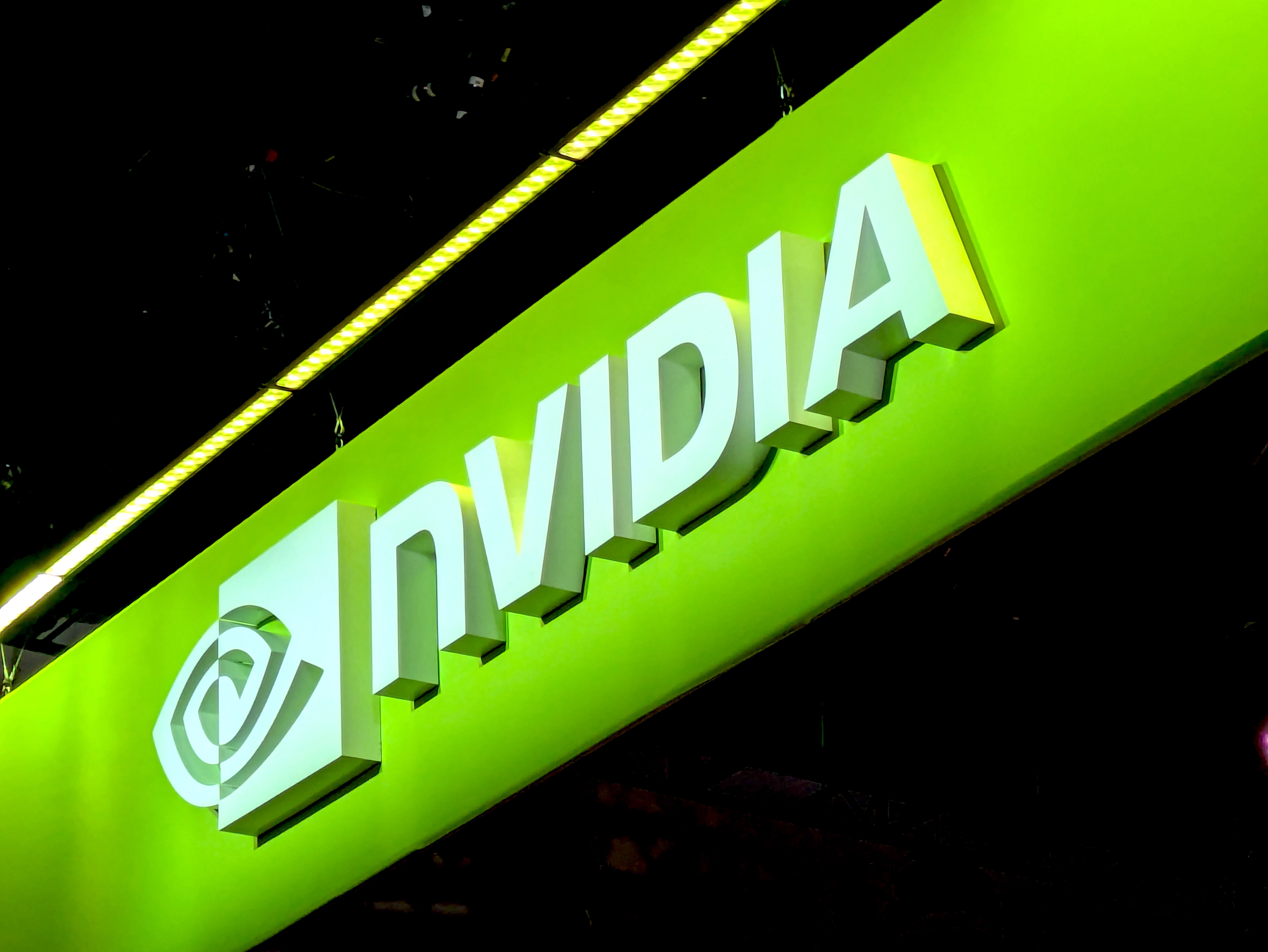
Nvidia presents AI-centric future at GTC conference
- 24.03.2025 18:05
- siliconangle.com
- Keywords: AI, Nvidia, GTC Conference
Nvidia showcased its focus on AI at GTC 2025, with Jensen Huang presenting new chips like Blackwell Ultra and Vera Rubin GPUs, set for release later this year and next year respectively. The event highlighted steady progress in AI adoption across industries, emphasizing the growing importance of AI-driven technologies.